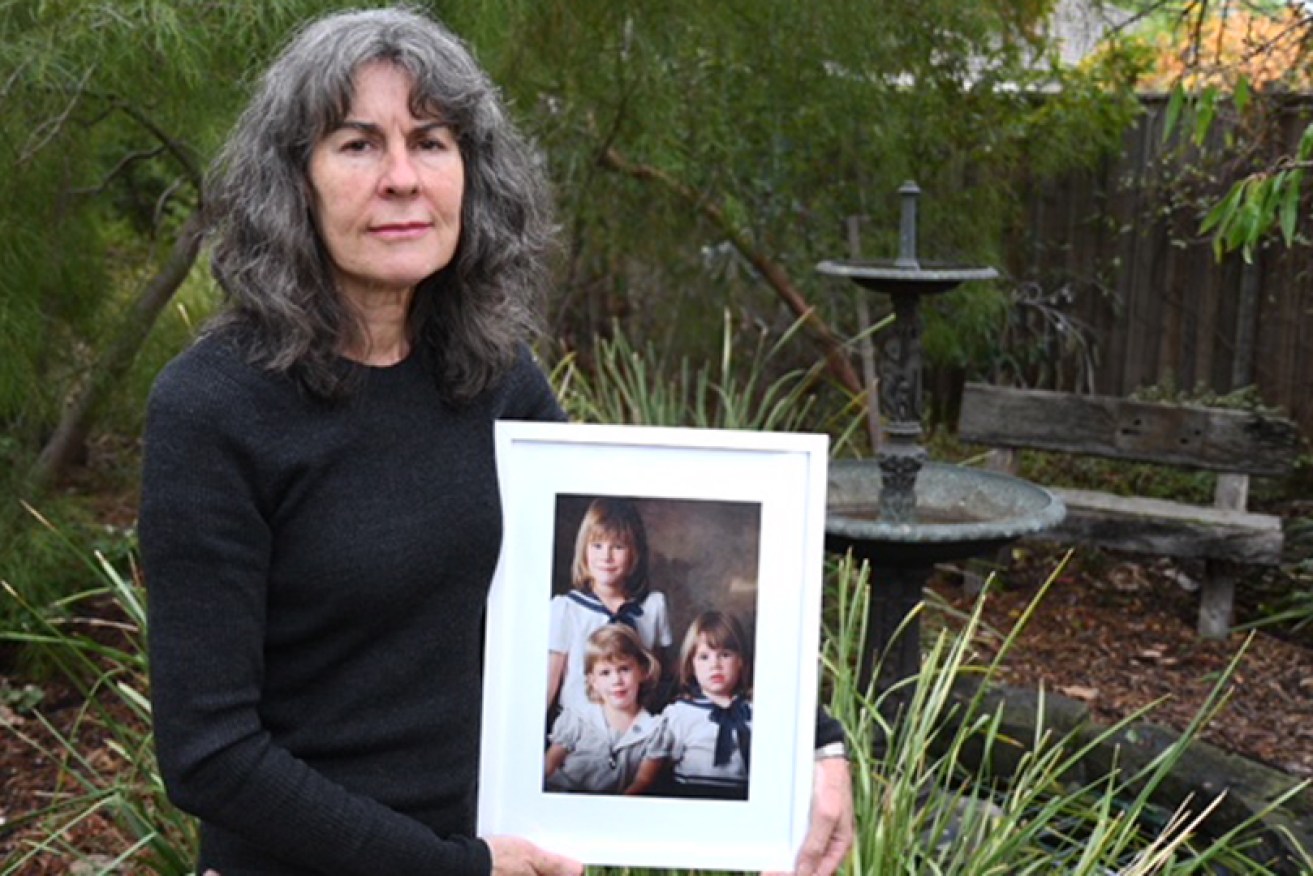Outrage at Catholic Church response to historic day for abuse victims


Chrissie Foster and husband Anthony spent years battling for justice for their abused daughters. Photo: Lucie Morris-Marr
Leading child abuse advocates have responded with anger and dismay after the Catholic Church immediately pushed back against new laws that would force priests to break the seal of confession.
In a historic move, Prime Minister Malcolm Turnbull provided the government’s official response to the child abuse royal commission on Wednesday by accepting 104 of the inquiry’s 122 recommendations – and promising to deliver a national apology to victims and survivors on October 22.
Mr Turnbull called on churches to prioritise the safety of children, even if child abuse was revealed in the confession box.
“The safety of children should always be put first,” he said.
But his government is still reviewing 18 of the recommendations, including the creation of criminal offences that would penalise priests if they did not break the seal of confession to report abuse.
A leading church figure, Archbishop Mark Coleridge, head of the Australian Catholic Bishops Conference, immediately offered a bristling response by saying the church did not view the sacramental seal as incompatible with maintaining child safety.
“There has been no compelling evidence to suggest that legal abolition of the seal of confession will help in that regard,” he said.
“Protecting children and upholding the integrity of Catholic sacraments are not mutually exclusive and the church wants to continue to work with government to ensure both can be achieved and maintained.”

Archbishop Mark Coleridge, seen here departing the royal commission, says there is “no compelling evidence” breaking the seal of confession will help children. Photo: AAP
However, Chrissie Foster, who has campaigned for more than 20 years for the safety of children after two of her three daughters were repeatedly raped by a school Catholic priest, told The New Daily the “priority” must be children and not canon law.
“Why should society be beholden to rules they have made up to suit themselves?” she said.
The campaigner’s daughter Emma died aged 26 after her mental health was shattered due to the repeated abuse she suffered at the hands of a now-deceased priest at Oakleigh, Melbourne.
Emma’s sister Katie also struggled as a result of the attacks and became a binge drinker. In 1999 she was hit by a car, which left her in a wheelchair and needing 24-hour care.
Mrs Foster, whose husband Anthony died last year, said laws regarding reporting abuse heard in confession would prevent “history from repeating itself”.
“It’s been well documented that the Catholic Church has totally savaged children’s rights and now some rights have been taken away from them,” she said.
“But the rights they are losing are nothing like the crimes they committed to children.”
The ACT Legislative Assembly last week passed legislation requiring priests to break the seal of confession to report abusers.
But there will be a nine-month wait before the law is enforced as the government works through the “legal complexities” of the bill.
Australia’s Catholic leaders maintain the seal of confession cannot be broken, even if priests face criminal charges for failing to reveal child abuse, as recommended by the final report of the $500 million Royal Commission into Institutional Responses to Child Sexual Abuse.
The final report stated the commissioners were “satisfied” the practice of the “sacrament of reconciliation” (confession) contributed to the occurrence of sexual abuse and to “inadequate institutional responses to abuse”.
“In case studies and private sessions we heard that disclosures of child sexual abuse by perpetrators or victims during confession were not reported to civil authorities,” the report found.
“We heard that the sacrament is based on a theology of sin and forgiveness and that same Catholic Church leaders have viewed child sexual abuse as a sin to be dealt with through private absolution and penance rather than a crime to be reported to police.”
The commissioners also recommended that confession for children should be conducted in an open space and in the line of sight of another adult.
Leonie Sheedy, the CEO of Care Leavers Australasian Network (CLAN), said the laws of Australia should be fully respected by the church.
“Regardless of your religion you Iive in Australia and we have laws and it’s not canon law,” Mrs Sheedy told The New Daily.
“If you don’t like the rules of Australia kindly leave now and live in the Vatican.”
However, former Catholic priest Des Cahill, emeritus professor of RMIT university, told The New Daily while he personally supported the sacred seal of confession there could be some “negotiated accommodation”.
“I think the whole sacrament of the confession needs to be re-thought,” he said.
“You can look at the confession as a religious practice or as a privileged conversation like the one between doctor and patient.”
Mr Cahill suggested raising the age of confession to 13 and not allowing “cheap forgiveness” as possible reforms.
Senior figures within the Australian Catholic Church were divided on the issue, he said.
“I think they will all be aware of the emotion involved around this, but the confessional seal is still such a sacred seal.”








